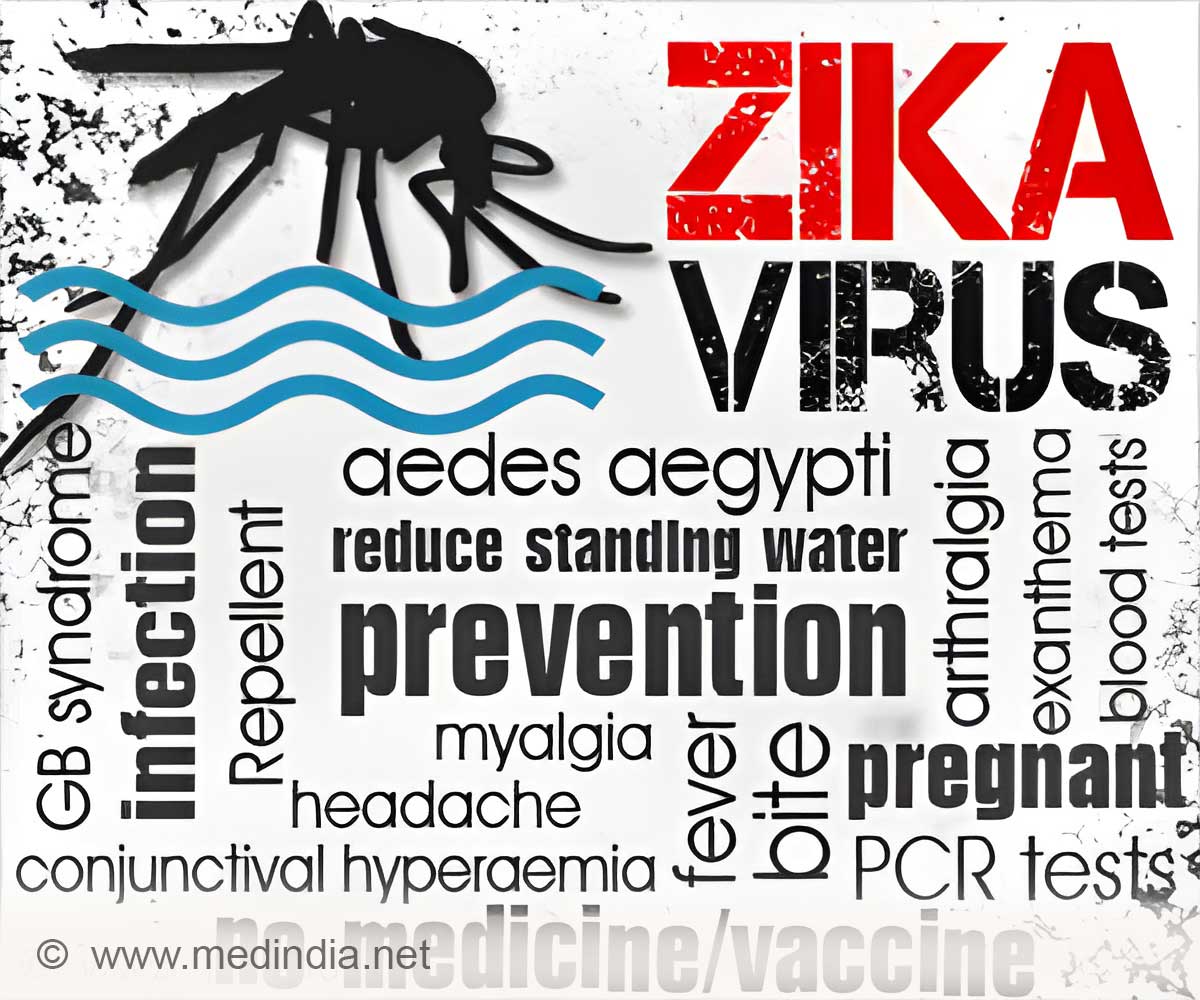The World Health Organization (WHO) has dispatched a team to Cape Verde to monitor a Zika virus outbreak following the first recorded microcephaly case.

‘The World Health Organization (WHO) has dispatched a team to Cape Verde to monitor the Zika outbreak following the detection of a microcephaly case on the island.’





It follows Cape Verde's announcement of the first appearance of microcephaly on the islands, a severe deformation of the brains of infants whose link with the mosquito-borne Zika virus is under close study. Cape Verde recorded 33 suspected cases of Zika in the first week of March 2016 alone, and has registered almost 7,500 cases since October 21, 2015, according to WHO figures.
"Investigations are underway to determine if this case of microcephaly is linked to Cabo Verde's outbreak of Zika virus," the WHO statement said.
Brazil has been hardest hit by Zika, with some 1.5 million people infected and 745 confirmed cases of the syndrome. Affected countries are focusing on wiping out mosquito populations in an effort to curb its spread.
Source-AFP








